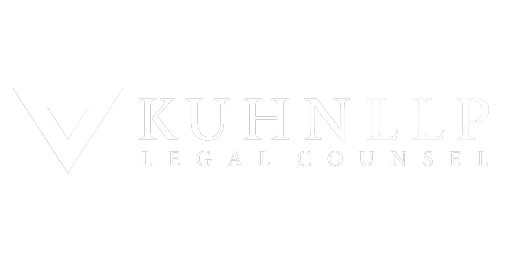|
|
How did we get here? On July 13, 2016, Council approved the Zero Emissions Building Plan that was developed with industry and established a regulatory framework to set and progressively lower GHG limits for new buildings so as to gradually phase out natural gas for space and water heating for most building types by 2025. On May 31, 2023, Council directed staff to report back to Council with recommendations on updates to the Vancouver Building By-law for new residential buildings regarding the adoption of the top step of the BC Zero Carbon Step Code. On July 23, 2024, Council directed staff to develop 2026-2030 climate action plans to reduce carbon pollution, and to report back with by-law amendments to allow natural gas for heating and hot water for new construction. What happened? Staff brought a report forward last week and presented a compromise approach, addressing the BC Energy Step Code and Zero-Carbon Step Code, offering home builders two distinct pathways to compliance. Coming into this meeting was a testy challenge for Mayor Sim and the ABC Party, with now an apparent crack in the unity of the party on this split decision on three separate recommendations. With the absence of Councillor Boyle, who recently resigned due to her election as a Provincial Member of the Legislature, there were 10 participants and potential tied votes leading to defeat, which is exactly what happened. The most contentious motion, Recommendation B, asked Council to approve amendments to the Vancouver Building By-law (VBBL) to provide an energy and carbon performance compliance path that allows natural gas for heating and hot water and is aligned with the top step of the BC Energy Step Code, to come into force on March 2, 2025. (This would mean new builds could continue to allow for natural gas for all purposes). Failed on a 5-5 tie vote with Councillors Bligh, Dominato, Meizner (ABC), Fry and Carr (Green) opposed. Recommendation A asked Council to approve amendments to the VBBL to provide an energy and carbon performance compliance path aligned with the top level (EL-4) of the Zero Carbon Step Code for small residential building and second from the top level (EL-3) for large building to come into force on March 1, 2025. (This would mean that gas could not be used as a source for space and water heating, but still allowed for cooking and decorative fireplaces). Passed on a 6-4 vote with Mayor Sim and Councillors Montague, Klassen, and Zhou (ABC) opposed. Recommendation C asked Council to approve a revised Green Buildings Policy for Rezonings to remove energy modelling requirements from rezoning applications effective immediately and was passed unanimously. Councillor Bligh was a deciding factor in changing course on her decision earlier in the year, noting the rushed and seemingly shady nature of the most recent amendment, and that she would be voting against the reversal and that the “decision could not be more clear,” with her commitment to voting in favour of a cleaner and more affordable Vancouver. Councillor Meiszner stuck with his original position, saying that if the city allows natural gas in new buildings, the City will have to employ more expensive solutions to reduce emissions to meet its targets. Others spoke to the need to keep the previous committment that was made to residents on meeting climate action targets. And of course, there were a number of opinions. No doubt, the elected decision-makers were influenced by the 142 registered speakers, a strong majority of whom were mobilized by Stand.earth, an environmental organization who has been running a broad-based and dogged campaign for the past 4-months against backtracking on climate change rules for new home construction. Speaking on the other side was Restaurants Canada, identifying a potential slippery slope on a pathway to removing the ability for restaurants and hospitality companies to continue to use gas as a primary source of cooking within their establishments. The Canadian Association of Physicians for the Environment submitted a letter signed by 150 physicians and registered nurses. And Frances Bula, of the Globe and Mail, kept us all in the loop with an extensive Tweet-a-long, and a locally-elected colleague in another municipality urged everyone to stay in their own lane. Where do we go next? Well, if you are building in the City of Vancouver, you will have to better understand the Vancouver Building Bylaw amendment that will come into effect on March 1, 2025 and making decisions and designs accordingly. With an implementation date of only three months away, there is still a lack of understanding on impacts to in-stream applications, and we will let you of new information as we received it. HAVAN continues to work with CHBA BC and CHBA to advocate for all levels of government to work together to address the challenges of the housing industry including zoning restrictions, density limits, and NIMBYism. Looking to stay up-to-date on Metro Vancouver’s residential housing industry? Sign up for Wendy’s weekly Monday Morning Briefing and other HAVAN emails here. QUICK BITES …
|











